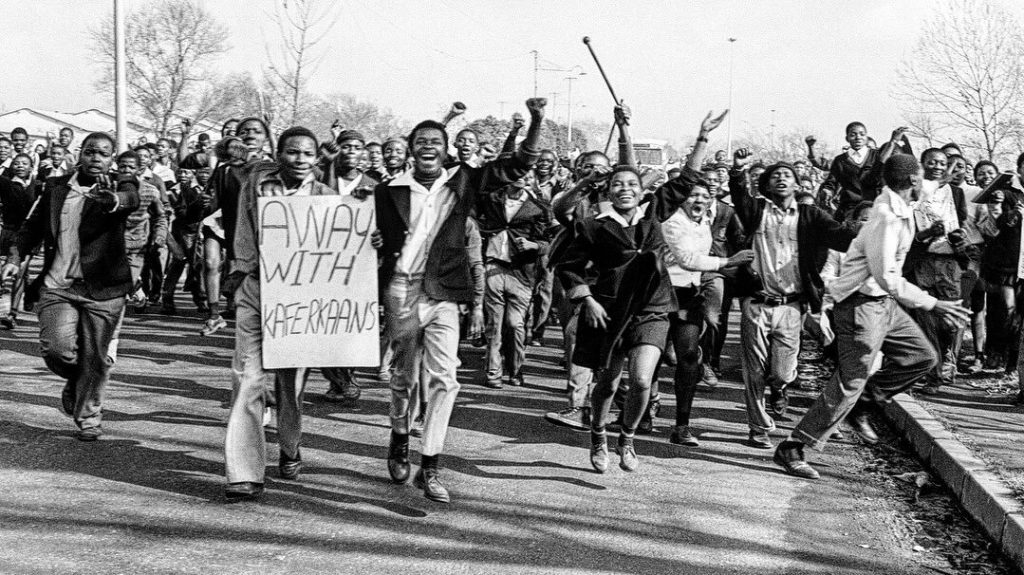Against a backdrop of hope, determination and promise that emerged in the struggle against Apartheid, the South African youth established themselves as a bold and brave catalyst for change in our new democracy. It is disappointing then, that over the years “the youth” in South Africa has turned into a bitter buzz word, branded by apathy, disillusionment and recklessness.
With June 16 and the celebration of Youth Day quickly approaching, we remember the collective spirit and vigour with which young people fought for equality, education and freedom – especially during the Soweto Uprising on June 16, 1976. On this day, thousands of black students participating in a peaceful protest against the restrictions of Bantu Education were met with fierce and fatal police brutality. Now, we celebrate their courageousness and resilience in the face of undeserved adversity. The aftermath of the Soweto Uprising not only propelled the African National Congress (ANC) to the foreground of the anti-Apartheid struggle, but also inspired mass student-led movements to participate in the eradication of the unjust bureaucratic system of Apartheid.
What, then, is the socio-political role of the youth today in bringing about change and supporting basic human rights? Student-led movements are eminent and essential in the battle for more accessible higher education, and over the last few years it seems that this is the realm that the bold and the brave seek to make their mark. Still, even their voices are becoming increasingly silenced – not only by the government but by those among them whose violent and selfish behaviour undermines the ultimate goal and dominates the narrative. The Soweto Uprising proves the power and potential of young voices, and when the youth today is met with demoralising neglect from those in power, who once fought alongside them and indeed made meaningful change, the disillusionment and despondence that has developed is understandable.
2019 marked a momentous time for young, first-time voters – but the common prevailing attitude was one of apathy and disappointment towards the deterioration of our democratic electoral process. Young people are concerned about a range of issues – higher education, unemployment, land reform and service delivery, to name a few – and moreover how seriously the government actually takes these issues.
The apathy and disappointment we feel becomes only further embedded when young voices and the concerns they raise are used as political perfunctory tools during the various election campaigns, and not carried out when it matters most. In a parliament where the average age hovers around 50 – despite the inclusion of a few young MPs – it will be interesting to see how much weight this minority youth voice will actually hold in the upper tiers of the decision-making process.
Youth Day is an occasion to remember how far we’ve come, but we cannot ignore how far we still need to go. The indifference and cynicism of the youth that has developed over the years as a result of being excluded from key issues that affect us is neither surprising nor unjustified. In fact, this exclusion undermines the democratic values that are supposed to form the basis of South Africa’s all-inclusive and non-discriminatory society. It is clear, from the Soweto Uprising, that the youth have the potential to shape the future, but going forward we need to be given the space, respectfully and legitimately, to do so.
So, what do you think? If you are looking to make an impact of your own, we encourage you to sign this petition, to make quality education a reality for all in South Africa. Additionally, you can check out our other calls to action here.
Do you have something to say? You can contribute to the Human Writes blog by becoming one of our young Human Writers here.
This article was written by Shayna van Vuren. Shayna is currently studying Political Studies and English Literature at the University of the Witwatersrand. She loves writing and engaging with human rights issues just as much as she loves her dog Stevie, which is a lot.
**This article was contributed by a guest blogger. This blog entry does not necessarily represent the position or opinion of Amnesty International South Africa.



